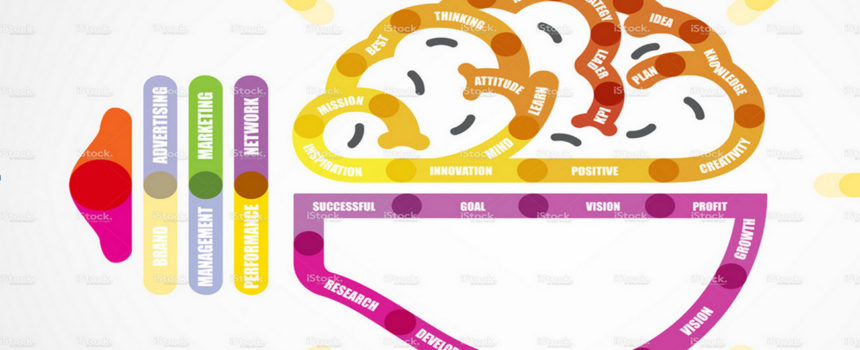“Emotional intelligence” and “sales” are not often mentioned together — they’re considered oil and water. Sales leaders often mistakenly confuse emotional intelligence with being weak, which is far from the reality. Emotional intelligence is a crucial leadership skill, and the research supports its inclusion in a winning sales team.
#1: Emotional self-awareness.
Are you the problem? Emotionally intelligent sales managers take time to consider how they appear every day to their team. They know themselves — strengths and weaknesses — in order to lead more ably.
Are you paying attention when meeting with your team? I get reports from salespeople that they don’t approach their manager for advice because the manager multitasks during the meeting. That makes the salesperson feel as if they are intruding or imposing. What happens? They stop asking for advice. Skills stagnate — and so do sales.
Make sure you are present when meeting with members of your team. Put away the phone and other distractions. The salesperson on your team is your most important customer. Treat them as such. Decide to be present.
#2: Self-regard and assertiveness.
It’s lonely at the top, but it’s important to be confident enough to tell the truth to members of your team. Salespeople must be held accountable or you have a sales culture of mediocrity. Excuses and complacency should not rule the sales team.
Tough love is a good trait in a sales manager. Practitioners are confident enough to tell the truth. If a salesperson is unwilling to turn in reports, or has a bad attitude, you should be confident enough to be professionally assertive and handle a discussion around these deficits without aggression or emotion.
Got EQ? If not, acquire it! Soft skills, emotional intelligence skills, produce hard sales results.












